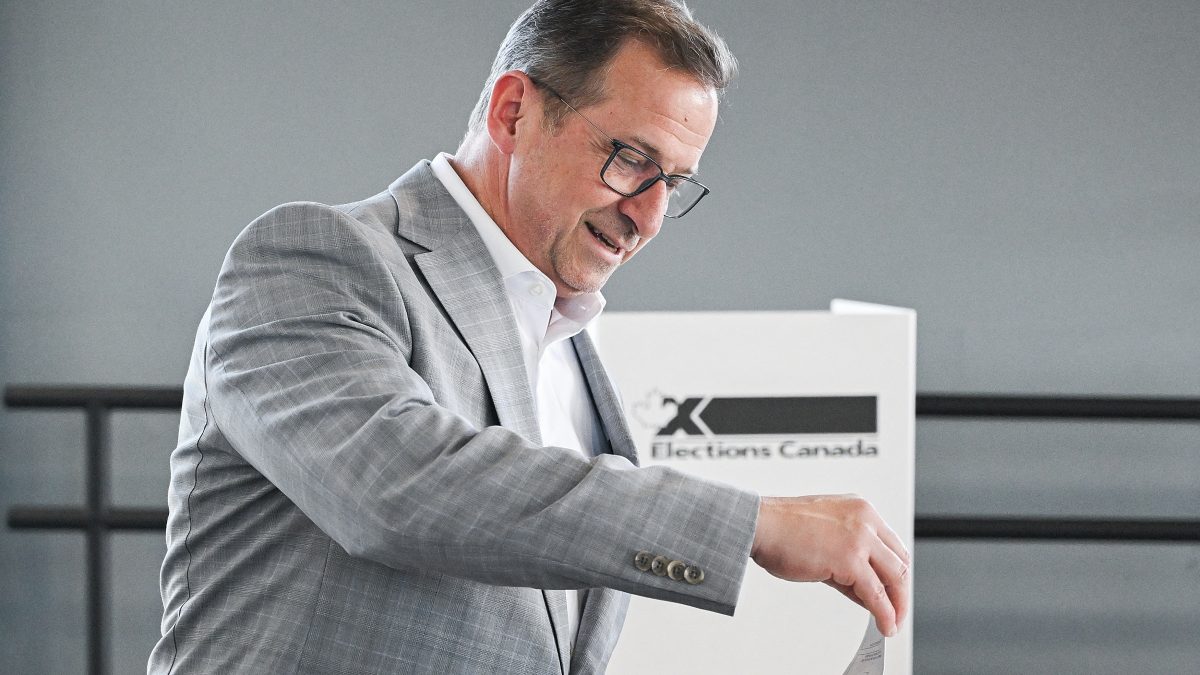Canada election results show Prime Minister Mark Carney-led Liberal Party heading to form the next government, with the Conservative Party led by his challenger Pierre Poilievre training in seat tally. These two parties are expected to win a majority of the 343 ridings, as the electoral districts are called in Canada.
There are, however, three more parties in contention. These are projected to secure small numbers of seats in Canada’s House of Commons: the left-wing New Democratic Party, the Greens and the Bloc Quebecois, which seeks sovereignty for Quebec.
Quebec is the largest of the 10 provinces of Canada. Here, Bloc Quebecois leader Yves-François Blanchet is projected to retain his riding, Beloeil-Chambly.
Why it matters
The Bloc Quebecois is a federal political party in Canada that primarily advocates for the interests of Quebec and promotes the province’s sovereignty, meaning independence from Canada.
The party’s main aim is to achieve political independence for Quebec, allowing it to become a sovereign state with its own constitution and the ability to make its own international agreements.
Quebec sovereignty movement
* The Quebec sovereignty movement is rooted in Quebec nationalism, emphasising the province’s distinct cultural, linguistic, and historical identity within North America.
* Supporters argue that an independent Quebec would be better positioned to protect and promote its unique culture and manage its own economic and social policies.
Impact Shorts
More Shorts* The movement has led to two referendums (1980 and 1995), both of which narrowly failed, but the idea remains influential in Quebec politics.
Bloc Quebecois is led by Yves-François Blanchet, who recently described Canada as “an artificial country with very little meaning,” highlighting the party’s view that Quebec’s identity is distinct from the rest of Canada.


)

)
)
)
)
)
)
)
)



